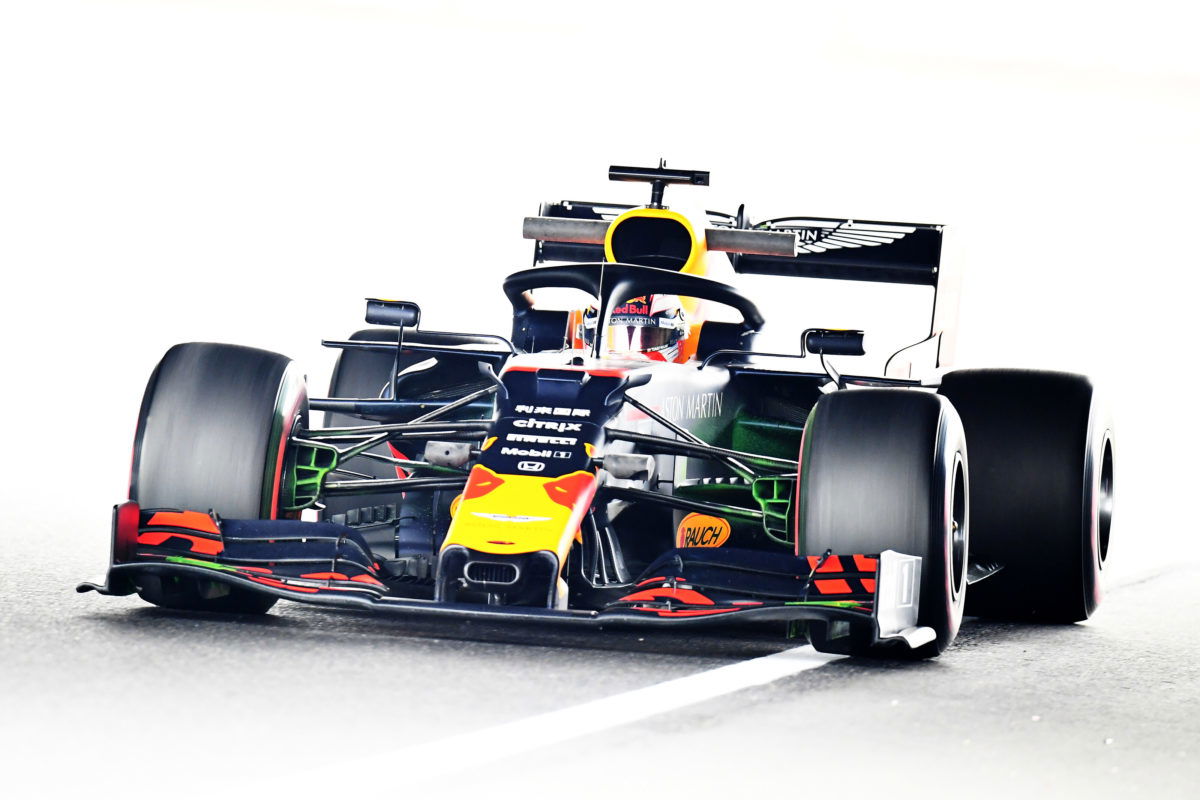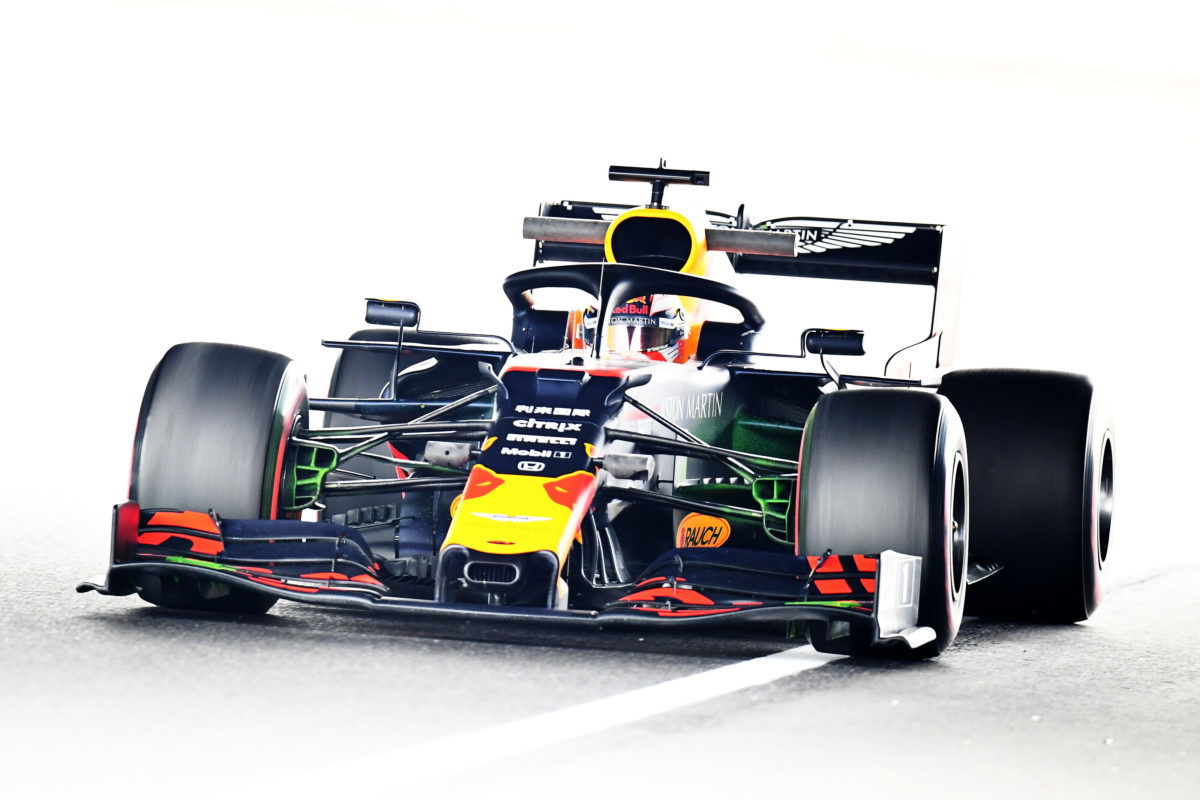

Red Bull’s 2018 accounts have revealed that the team spent more than $550 million (£304.9 million) during the course of last year’s Formula 1 season.
The team won four times over the course of the campaign, with two apiece for Daniel Ricciardo and Max Verstappen en route to third in the constructors’ championship.
According to The Independent newspaper, the team’s 2018 costs were up nine percent on the previous year.
The rise in costs is accounted for by an increase in headcount, with the total staff number reported as 809, a rise of 16 on 2017 and an increase of 1.8 percent to the team’s operating costs.
It took the team’s wage bill to over $160 million (£84.4 million), with team principal Christian Horner taking home $6.45 million (£3.4 million).
There were also increases in research and development expenditure, up nearly $20 million (£10.2 million) though that is attributed not only to its Formula 1 activities but projects with Aston Martin and Sunseeker yachts.
But while the team spent more money in 2018, it also earned more, and reported a modest $19 million (£10 million) profit owing to a revenue of more than $595 million (£314 million).
Much of that income came as a result of prize money earned courtesy of finishing third in the championship from the previous year, plus income from sponsors.
However, the parent Red Bull company also poured nearly $200 million (£104.2 million) into the team’s coffers, an increase of 10.6 percent on what it spent in 2017.
In June it was announced that a $259 million (US$175 million) cost cap would be introduced, equating to just under £140 million, meaning Red Bull spent well over double that sum in 2018.
It’s a similar case for Mercedes, whose accounts show it spent $591 million (£311.4 million) on its championship win in 2018.
In September Williams reported a record half yearly loss of $30 million, its wider business generating revenue of just over $140 million, with F1 contributing $83 million.
Red Bull’s accounts also stated that “the company is mindful that under the new commercial and regulatory framework, post-2020, Formula One needs to remain attractive for Red Bull’s continued support.”





















Discussion about this post